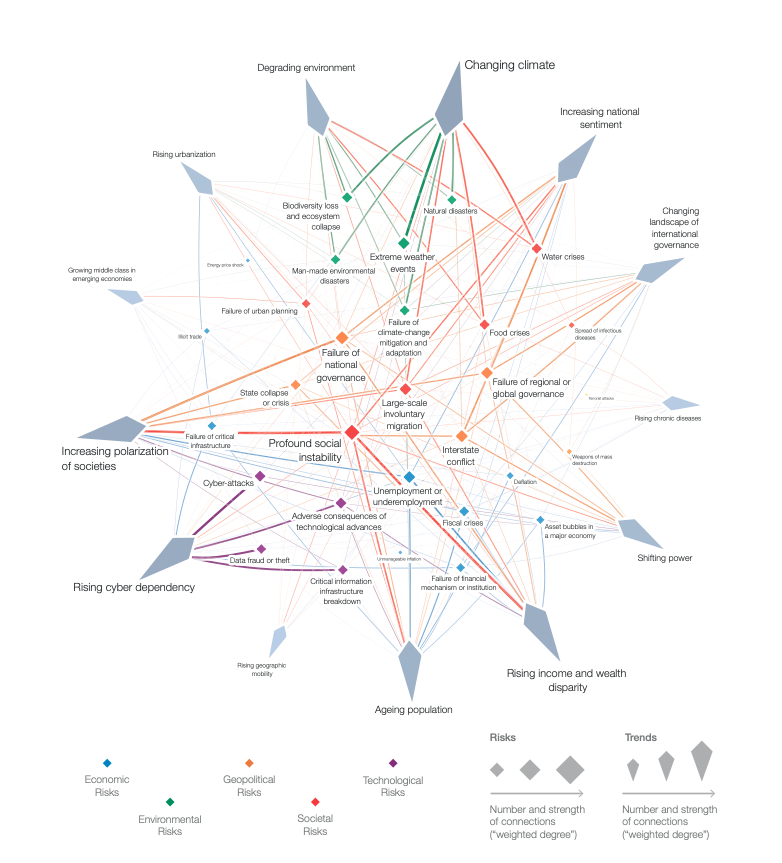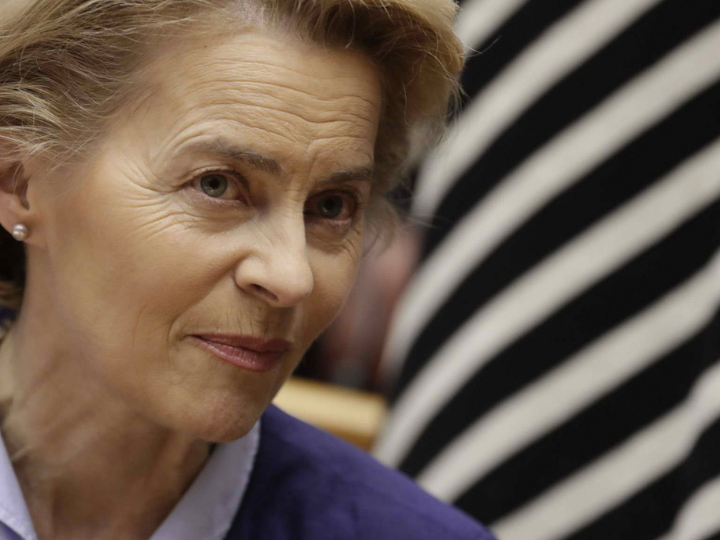The Economist Intelligence Unit (EIU) has compiled a list of what it regards as the top 10 global risks of 2019. It makes for sobering reading, with a number of active threats to stability and security only likely to get worse before they get any better

With nationalist policies and protectionist outlooks, populist leaders excel at the kind of rhetoric that plays well to supporters on their home turf while ratcheting up international tensions. But it can have a substantial impact on trade, destabilize financial markets and the oil sector, and provoke trade wars of the kind witnessed between China and the US.
By
Sean Fleming*
The Economist Intelligence Unit (EIU) has compiled a list of what it regards as the top 10 global risks of 2019. It makes for sobering reading, with a number of active threats to stability and security only likely to get worse before they get any better.
“Geopolitical uncertainty is on the rise and will remain a source of significant risk,” the EIU says in its
2019 global risks report. It cautions that the rise of so-called populist leaders is far from over.
This rise includes figures such as US President Trump, Brazil’s President Bolsonaro, along with India’s Prime Minister Narendra Modi and the Indonesian President Joko Widodo, who between them hold power in the four most populous democracies in the world today.
There are many more who could be added to the roll call: Turkey's Recep Tayyip Erdogan, Russia's Vladimir Putin and Hungary's Viktor Orban to name but three.
With nationalist policies and protectionist outlooks, populist leaders excel at the kind of rhetoric that plays well to supporters on their home turf while ratcheting up international tensions. But it can have a substantial impact on trade, destabilize financial markets and the oil sector, and provoke trade wars of the kind witnessed between China and the US.
If the trend towards populism continues to gain ground globally, such tensions are only likely to increase.
There are also some very specific points of contention on the world map, the EIU says.
One is the slowing down of the Chinese economy, another is an oil price rise caused by supply shortages of supply. The EIU rates both of these scenarios as low risk, but identifies their impact as high (very high in the China example) should they occur, highlighting the importance of global collaboration and connectedness.
The threat of armed conflict between nation states is also not to be discounted. While the likelihood of war on the Korean peninsula is not high, such a conflagration could have catastrophic consequences for the region, and beyond. Recent events in Kashmir, which have seen India and Pakistan firing upon one another demonstrate the potential for situations like simmering territorial disputes to become inflamed.
The EIU Top 10 Global Risks
A US-China trade conflict morphs into a full-blown global trade war
US corporate debt burden turns downturn into a recession
Contagion spreads to create a broad-based emerging-markets crisis
China suffers a disorderly and prolonged economic downturn
Supply shortages lead to a globally damaging oil-price spike
Territorial disputes in the South or East China Sea lead to an outbreak of hostilities
Cyber-attacks and data integrity concerns cripple large parts of the internet
There is a major military confrontation on the Korean peninsula
Political gridlock leads to a disorderly no-deal Brexit
Political and financial instability lead to an Italian banking crisis
There is another almost hidden danger in times of uncertainty and heightened tension. When governments and their agencies are distracted by these large-scale risks and threats they are less focused on other matters.
This can be seen in the example of the UK government’s lengthy and complicated Brexit negotiations with the European Union. While those have been ongoing, other domestic and international issues are not being dealt with.
The historian, professor and author Yuval Noah Harari sums this scenario up neatly: “Every minute the British and EU institutions are spending on negotiations is a minute they don’t spend on climate change. And they spend a lot of minutes on Brexit.”
This complex interplay between issues was also highlighted in the World Economic Forum’s 2019
Global Risks Report. “This is a globalized world, as a result of which historic reductions in global poverty have been achieved,” writes Borge Brende, the World Economic Forum’s president.
“But it is also increasingly clear that change is needed. Polarization is on the rise in many countries. In some cases, the social contracts that hold societies together are fraying.”
*Senior Writer, Formative Content




